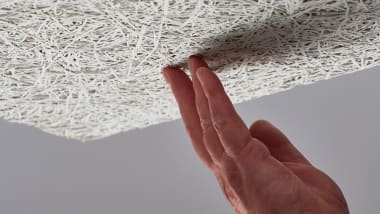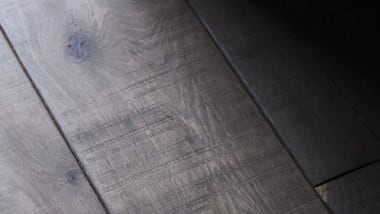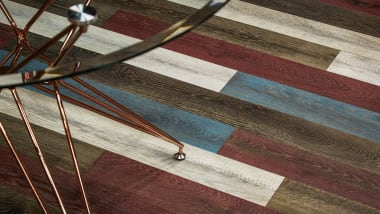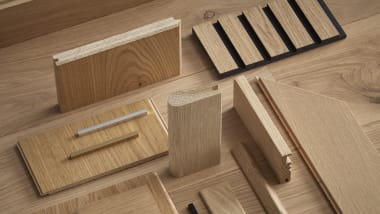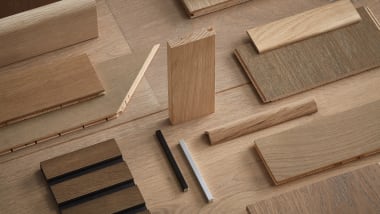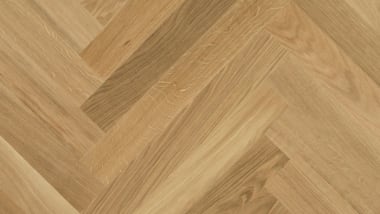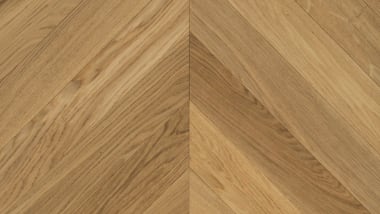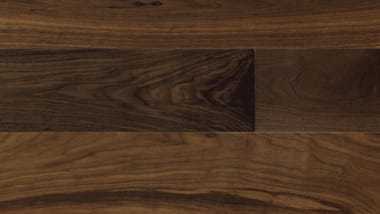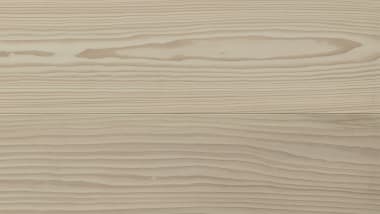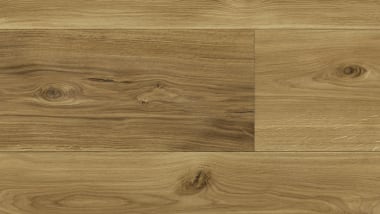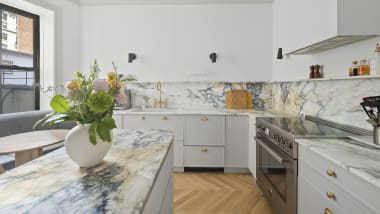Flooring Types Compared: Why Engineered Wood Flooring Stands Out
10 Jun 2024
When choosing the right flooring for your home, the options can seem overwhelming. From tile and vinyl to carpet and engineered wood, each type has its own benefits and considerations. In this blog, we'll compare these flooring types, highlighting why engineered wood flooring is often the superior choice.
Tile Flooring
Tile flooring is made from materials such as ceramic, porcelain, or stone. It is commonly used in high-traffic areas and moisture-prone spaces due to its robustness and water resistance. However, while tiles offer durability and water resistance, they can often reduce the temperature of the home making it harder to retain heat in the winter. Some other pros and cons include:
Pros:
- Durability: Tile is known for its durability and resistance to wear and tear, making it ideal for high-traffic areas and moisture-prone spaces like bathrooms and kitchens.
- Variety: Available in various colors, patterns, and materials (like ceramic, porcelain, and stone), tile offers versatile design options.
Cons:
- Comfort: Tile is hard and cold underfoot, which can be uncomfortable for extended periods, especially in living areas or bedrooms. If you suffer from back pain, tile might not be the best solution for your day-to-day activities.
- Installation: Installing tile can be labor-intensive and expensive, often requiring professional help.
- Maintenance: Grout lines can become stained and require regular cleaning.
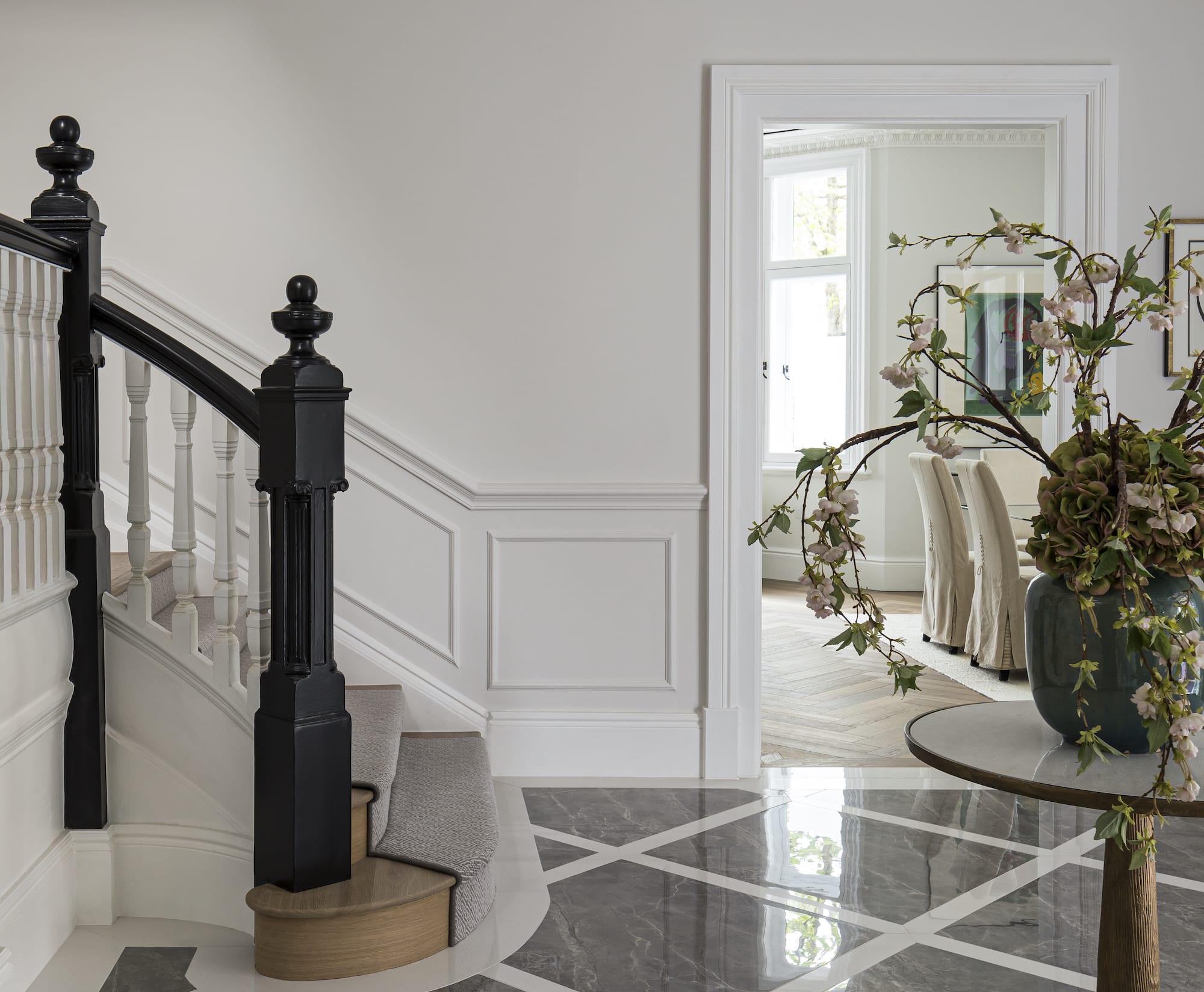
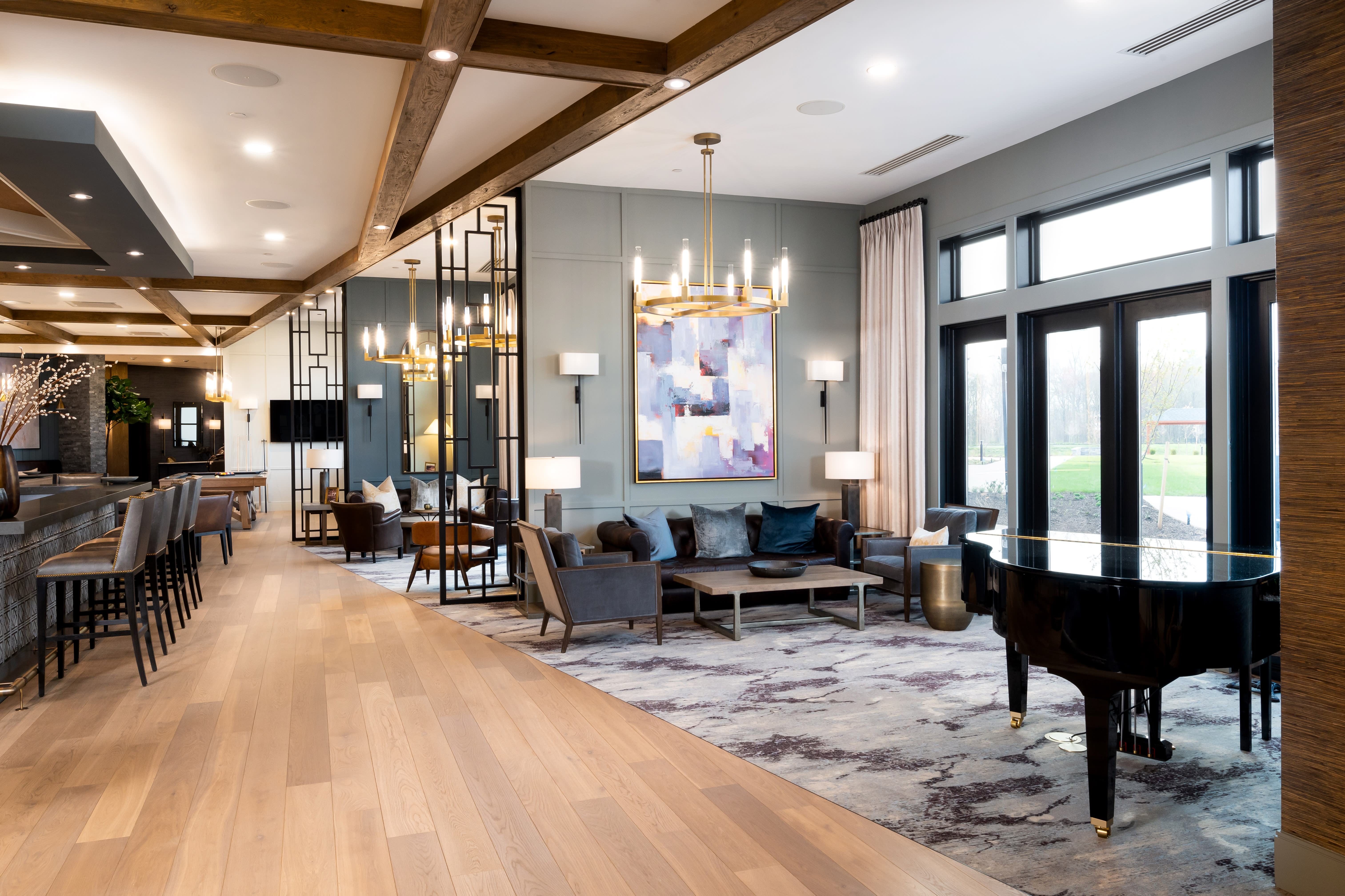
Carpet Flooring
Carpet flooring is a textile floor covering consisting of an upper layer of pile attached to a backing. The pile is typically made from wool or synthetic fibers such as nylon, polyester, or polypropylene.
Carpet remains a favorite for those seeking comfort and warmth in their living spaces. Ideal for bedrooms and cozy living areas however, maintaining carpet can be challenging, especially in high-traffic areas. Carpet can also retain smells and mold if not cleaned thoroughly. This is why carpet can only be used effectively in certain rooms. Other pros and cons include:
Pros:
- Comfort: Carpet provides a soft and warm surface, ideal for bedrooms and cozy living areas.
- Noise Reduction: Carpet helps reduce noise, making it a good choice for multi-level homes.
- Insulation: Carpet offers good thermal insulation, which can help keep your home warm.
Cons:
- Maintenance: Carpet can be difficult to clean and maintain, particularly in high-traffic areas.
- Durability: Carpet generally has a shorter lifespan compared to hard flooring options.
- Stains: Susceptible to stains and spills, requiring regular professional cleaning.
Vinyl/Luxury Vinyl Flooring
Vinyl flooring is a synthetic flooring material made primarily from polyvinyl chloride (PVC). Luxury vinyl flooring (LVF) offers enhanced aesthetics and durability, often mimicking the look of natural materials like wood or stone.
Vinyl flooring is an often affordable choice for home owners, however, depending on the type of vinyl flooring used the finish is not always premium. Vinyl flooring also cannot be refinished therefore adding to costs overtime due to changing trends. Other pros and cons include:
Pros:
- Affordability: Vinyl and luxury vinyl are generally more budget-friendly options compared to other flooring types.
- Water Resistance: Vinyl is highly water-resistant, making it suitable for kitchens, bathrooms, and basements.
- Variety: Available in many styles and designs, including options that mimic wood and stone.
Cons:
- Durability: While durable, vinyl is susceptible to scratches and can be damaged by heavy furniture.
- Aesthetic: Even luxury vinyl may not provide the same high-end look as real wood or stone.
- Environmental Impact: Vinyl flooring is made from synthetic materials and is not as environmentally friendly as other options.
- Wear over time: While vinyl is water resistant, over time it can wear down with consistent mopping and water spills causing the vinyl to peel away from its backing.
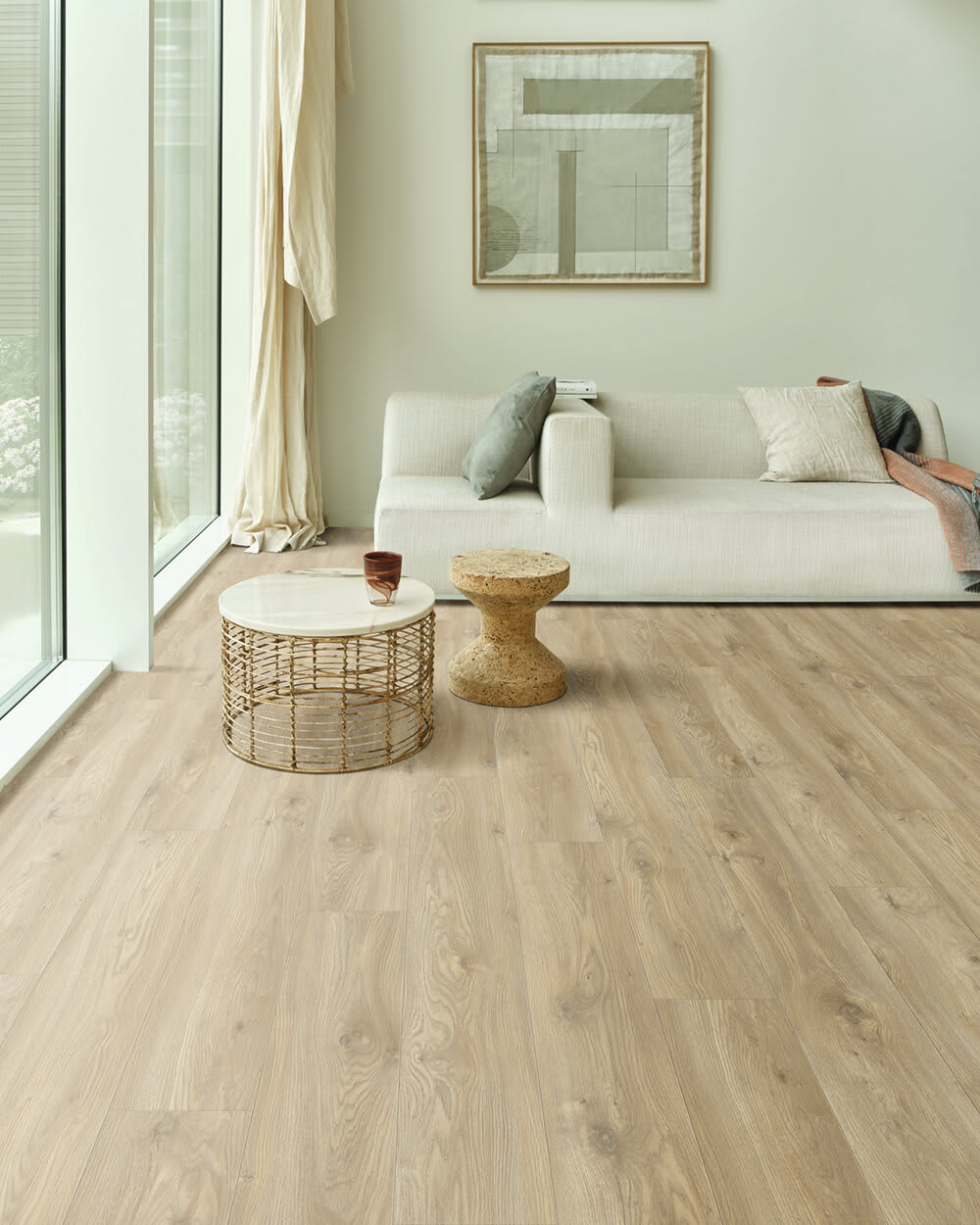
Engineered Wood Flooring: The Superior Choice
Engineered wood flooring is made up of a core of hardwood or plywood with a layer of hardwood veneer attached to the top surface. This construction provides the look and feel of solid wood while offering greater stability and resistance to moisture and temperature changes.
Engineered wood flooring offers a balanced blend of aesthetics, durability, and practicality. With its natural wood veneer, it provides the same aesthetic appeal as solid wood, adding elegance to any room. Engineered wood is designed to be more stable meaning less warping and bowing (that solid wood is susceptible to) Engineered wood flooring is also suitable for almost any area in the home including basements and bathrooms.
While the initial cost may be higher than some other flooring options, the long-term benefits, such as increased property value and easy maintenance, make it a worthwhile investment. Many engineered wood floors are produced using sustainable practices, making them an eco-friendly choice.
Pros:
- Aesthetic Appeal: Engineered wood flooring provides the natural beauty and warmth of real wood, adding a touch of elegance to any room.
- Durability: Engineered wood is designed to be more stable and resistant to changes in temperature and humidity compared to solid wood, ensuring long-lasting performance.
- Easy Maintenance: It is relatively easy to clean and maintain with regular sweeping and occasional mopping.
- Increases property value: Investing in hardwood floors increases your property value.
- Versatility: Suitable for almost any room in the house, including basements and bathrooms, and can be installed over concrete slabs and radiant heating systems.
- Eco-Friendly: Many engineered wood floors are made using sustainable practices and materials, making them a more environmentally friendly choice compared to vinyl.
- Easy to replace: Engineered flooring comes in planks therefore making it easier for homeowners to replace individual planks.
- Ability to refinish: Engineered flooring can be sanded down and refinished (however this can only be done a few times) saving money for homeowners who may not want to reinvest in a new floor.
Cons:
- Cost: While it can be more expensive upfront compared to carpet or vinyl, the long-term benefits and durability often justify the investment.
While there are many flooring options available, engineered wood flooring offers a unique combination of beauty, durability, and eco-friendliness that sets it apart. Whether you're renovating a single room or your entire home, engineered wood flooring is a choice that will provide lasting value and appeal.
Ready to transform your home with the elegance and durability of engineered wood flooring? Explore our range of premium Engineered flooring options and find the perfect fit for your space at Havwoods.
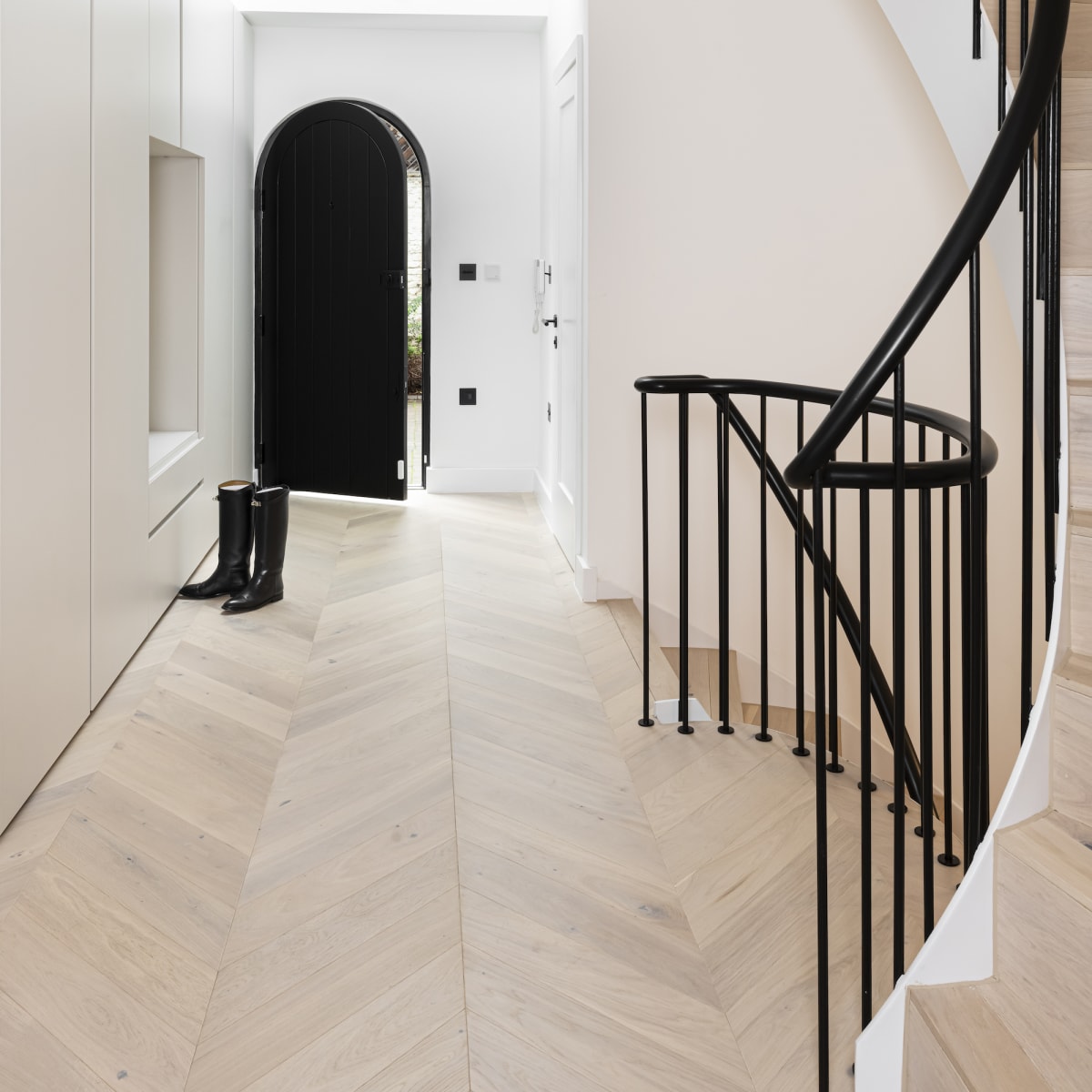
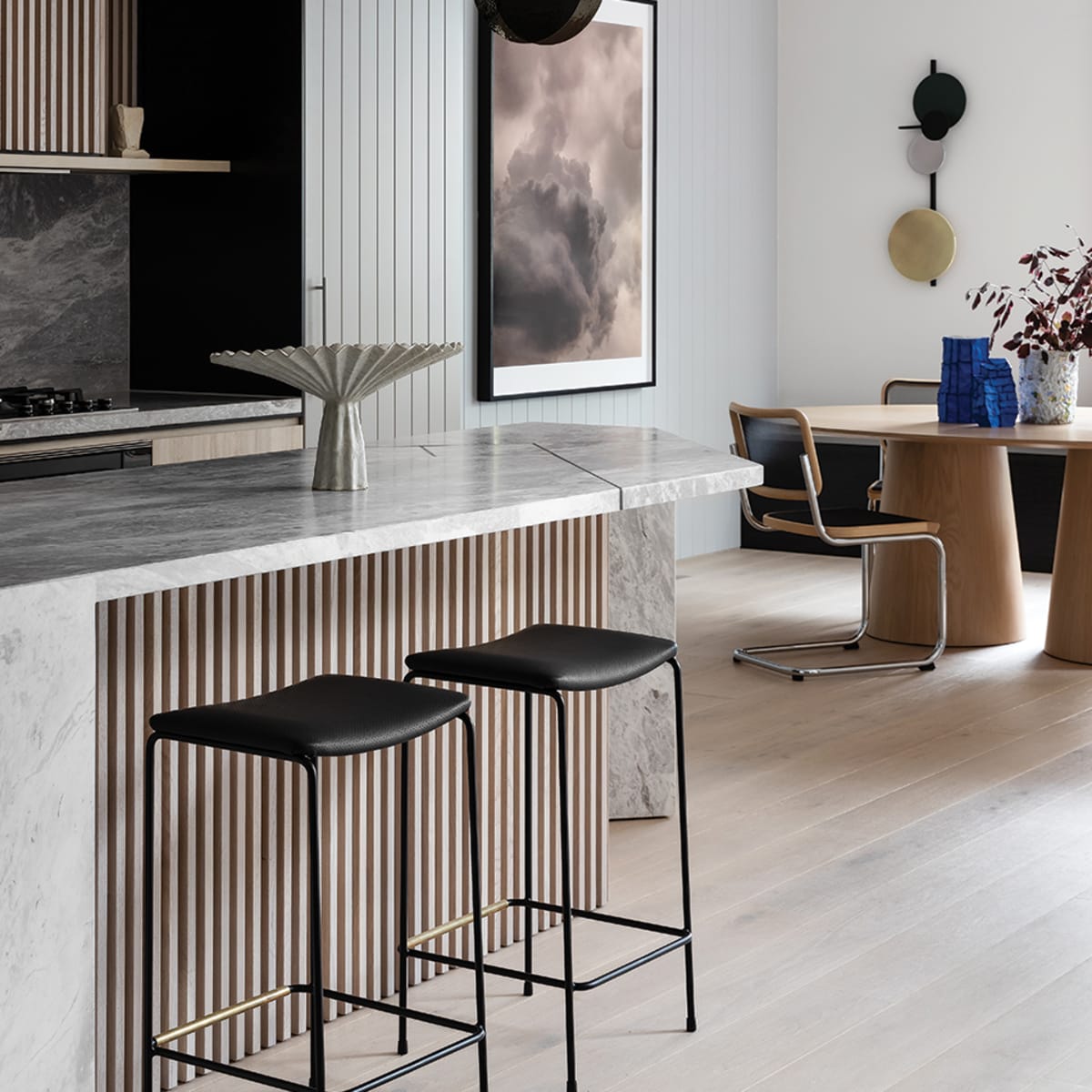
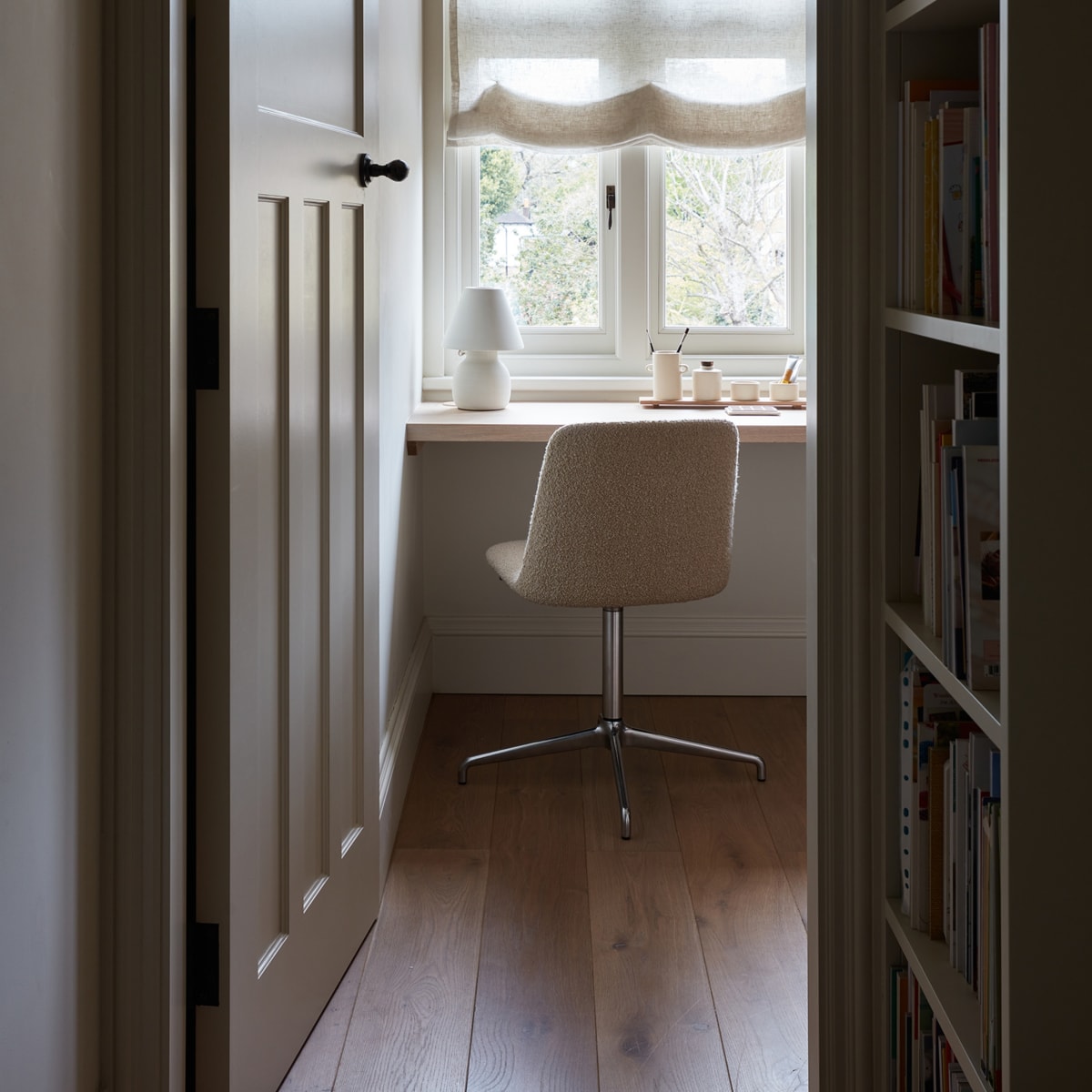
Pricing at your fingertips
Plan your next design project with us! Share a few details, and we'll quickly provide a comprehensive quote. Whether you need pricing for a single wood floor product or an entire project, we've got you covered.



